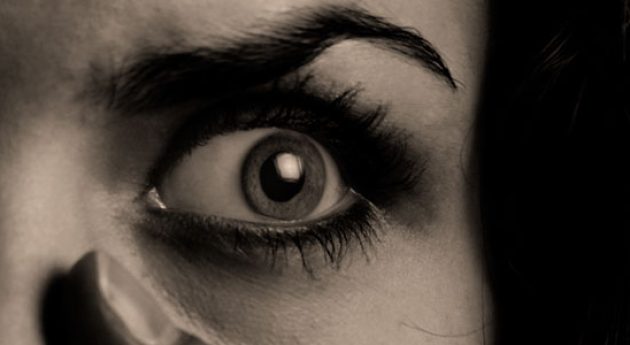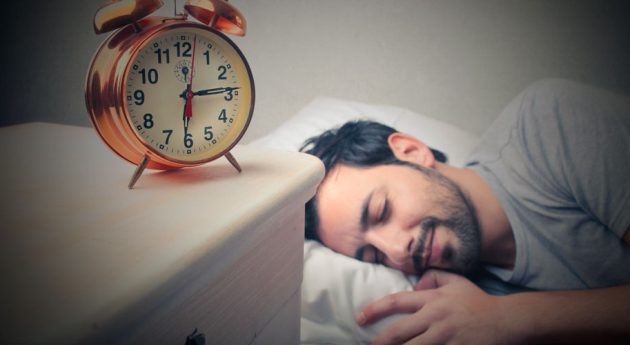Understanding and managing stress
STOMATOPHOBIA at the dentist
Studies by the Centre for the Study of Human Stress (CESH) in Montreal, Canada, have deconstructed human stress and definitions have emerged that make this obscure pathology clearer and less frightening
Understanding and managing stress at the dentist
Human stress: What is it?
Hans Selye in Montreal in 1920 was the first to use the term stress when he noticed that all the patients had something in common: They all looked sick. They were all under stress from the disease.
Thus, he suggested the first definition of stress:
A non-specific strain on the body caused by irregularities in its normal functioning (non-specific, as any disease can cause this strain).
This stress results in a secretion of stress hormones:
This is what Selye defined as the General Adaptation Syndrome, that is, the short and long term reactions of our body to stress.
Selye was a pioneer in stress research and demonstrated that stress has an impact on health. What stresses us may be very different from what stresses someone else (e.g. public speaking, a dental appointment).
Can these situations be as stressful as an intense physical stress such as an illness?
A doctor, John Mason, conducted an experiment on two groups of monkeys and demonstrated that psychological stress was just as powerful as physical stress and could trigger a stress response.
The ingredients of stress
Researchers have shown that there must be common elements that stimulate the secretion of stress hormones in everyone, even if the source of stress differs for each individual.
That is, for each stressful situation, there is a set of common elements that causes the secretion of stress hormones for everyone.
The researchers found the recipe for stress summarized in the term C.I.N.É.
- C for Control
- I for Unpredictability
- N for New
- E for Ego Threatened
Understanding your stress
What stresses you is different from what stresses your neighbor. But the recipe for stress is universal. For a situation to be stressful, there must be one or more of the following elements that characterize the situation.
Here are the ingredients:
| The Ingredients of Stress: Threats and Feelings in correspondence | |
| THREATS | FEELINGS |
| LOWCONTROL | You feel that you have little or no control over the situation. |
| UNPREDICTABILITY | Something completely unexpected happens or you can’t know in advance what will happen. |
| NEW | Something new happens that you have never experienced before. |
| EGOTHREATENED | Your skills and ego are put to the test. We doubt your abilities! |
Application at the dentist: The patient feels dominated by the dentist. The lying down position with the dentist sitting next to him and overlooking him is embarrassing and considered as a humiliation. Moreover, the fact of showing one’s mouth and thus a little of one’s intimacy, can be embarrassing and shameful for some. It is an infringement of people’s modesty that threatens the ego and therefore it is a source of stress.
Loss of a sense of control, unpredictability, novelty, threat to the ego, invariably provokes a stress response and the secretion of stress hormones.


Stress-related illnesses
We don’t develop a stress-related problem like depression or heart problems just by being exposed to stress.
It is our body’s natural response to stress, the secretion of stress hormones, that can lead to health problems.
Stress hormones are released during stressful situations regardless of age, marital status, ethnicity, income or education level, because the characteristics of a stressful situation are the same for everyone. The ingredients are always novelty, unpredictability, threat to the personality, and loss of a sense of control.
The ingredients of stress are additive:
The more C.I.N.E. elements that characterize a situation, the more stressful the situation is. Several factors determine the functioning of our stress response system and the amount of hormones secreted. These factors include genetics, childhood experiences, personality, environment and health status.
Simply expecting the worst triggers the release of stress hormones
Situations that involve the C.I.N.E. cause the secretion of stress hormones but also the simple fact of anticipating these situations.
Example: At all of your weekly meetings at work, a colleague picks on you and berates you. The following times, you anticipate this stress as early as Monday afternoon and maybe even as early as Monday morning or Sunday evening.
Anticipating a stressful situation can sometimes be worse than experiencing it because you are constantly ruminating while secreting stress hormones.
Application at the dentist:
It is obvious! The patient anticipates the appointment with the dentist and even the simple fact of having to phone him to make an appointment. The situation of care in the chair and the anticipation of more or less unpleasant treatments generates a secretion of stress hormones. Anticipating a stressful situation can sometimes be worse than experiencing it because you are constantly ruminating while secreting stress hormones.
How to manage stress?
In theory, we have two alternatives:
– Eliminating stress from our lives: impossible
– Learning to live with stress: possible
To manage stress, it is important to remember a few principles and laws:
Principles:
– There is no easy solution
– There is no universal solution
Laws:
A situation is only stressful if you interpret it as stressful.
In order to minimize the impact of stress on your body you must identify the ingredients of stress and therefore feel
– That you are losing control,
– That the situation is Unpredictable or New
– That something threatens your ego.
The four elements of C.I.N.É.
Remember that what is new to you is not necessarily new to another person. This is why stress is a deeply individual and personal experience.
Everyone handles stress differently. Some will isolate themselves, others will get angry at everything and everyone, while others will get better. For this reason, there is no universal way to manage stress.
Example: While yoga and meditation may work for some people, for others these techniques can be a real torture! Each of us must find our own way to manage stress.




